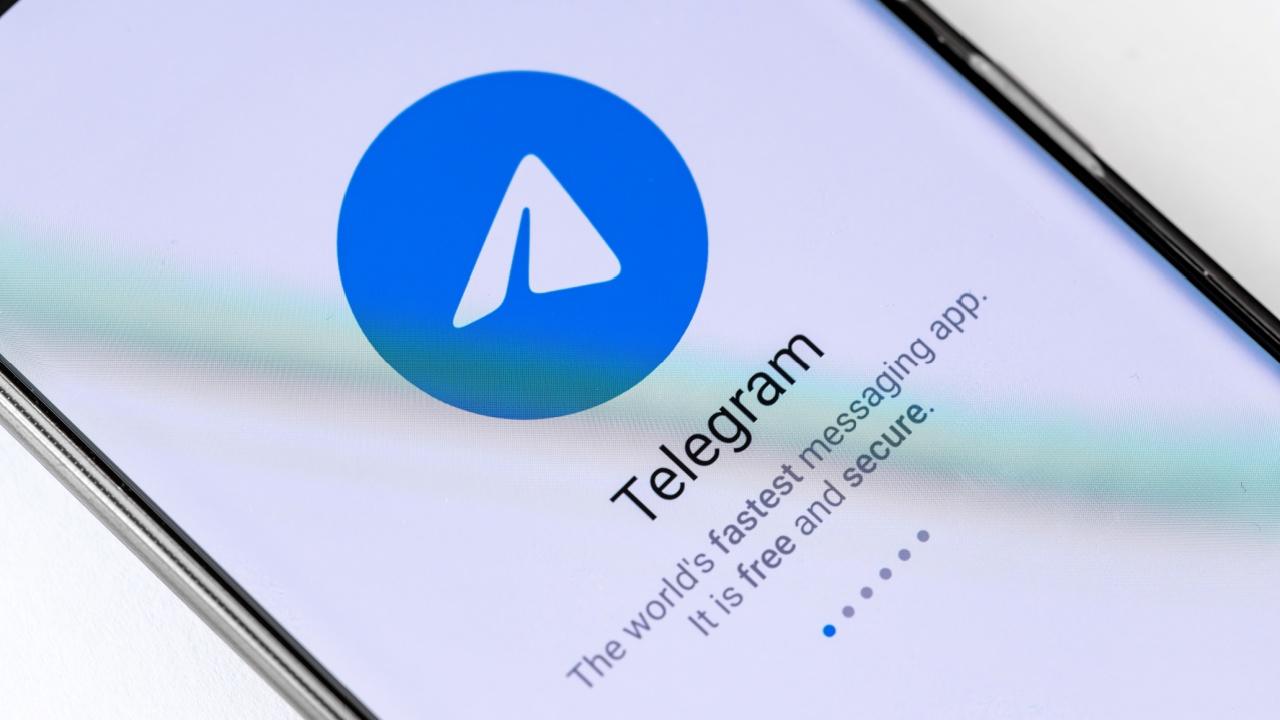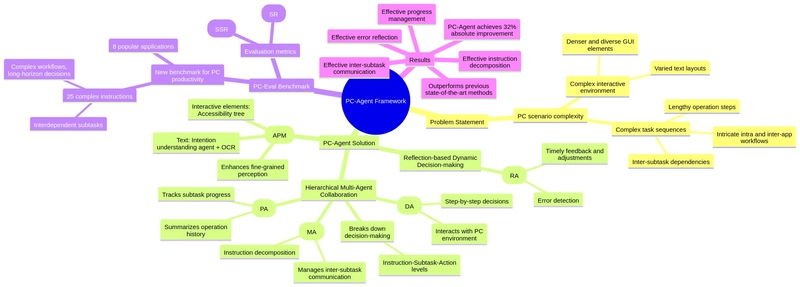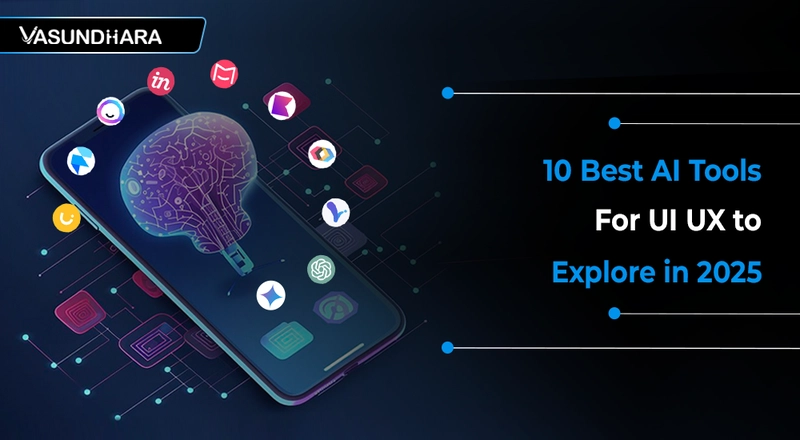The Rise of AI Technology: Shaping the Future of Everything
Artificial Intelligence, or AI, is no longer just a futuristic idea from sci-fi movies. It’s here, and it's changing the way we live, work, and interact with the world around us. From smart assistants like Siri and Alexa to advanced machine learning algorithms powering self-driving cars, AI is the silent force behind modern innovation. What is AI Technology? At its core, AI is the simulation of human intelligence by machines. It enables computers to perform tasks that typically require human thinking—such as problem-solving, understanding language, recognizing images, and making decisions. There are several types of AI: Narrow AI: Designed for specific tasks (e.g., spam filters, recommendation systems). General AI: Hypothetical systems that could perform any intellectual task a human can do. Superintelligent AI: A concept of AI surpassing human intelligence in every aspect (still theoretical). Real-World Applications of AI AI is no longer confined to research labs—it’s transforming industries across the globe: Healthcare: AI helps in diagnosing diseases, personalizing treatment, and managing patient data. Finance: Algorithms detect fraud, automate trading, and provide customer service. Education: Personalized learning systems adapt to each student’s needs. Transportation: Self-driving cars, traffic prediction, and route optimization rely heavily on AI. Marketing: AI analyzes customer behavior and helps brands create targeted campaigns. Why AI Matters in Today’s World AI brings efficiency, accuracy, and scalability. Businesses can automate repetitive tasks, enhance productivity, and make smarter decisions based on data. Moreover, AI can tackle global issues—like climate change, healthcare access, and food security—by analyzing large datasets and finding patterns that humans might miss. Challenges and Ethical Concerns With great power comes great responsibility. As AI becomes more integrated into daily life, it raises important ethical questions: Job displacement: Will AI take over human jobs? Privacy: How is our data being used? Bias: Can AI systems be truly fair and unbiased? Control: How do we ensure AI remains under human control? Experts stress the need for transparency, regulations, and responsible development to make sure AI benefits everyone. The Future of AI The future of AI is exciting and unpredictable. We’re only scratching the surface of its potential. As technology evolves, AI will become more human-like, more intuitive, and more capable of understanding emotions, context, and creativity. Whether you’re a tech enthusiast, a business owner, or someone curious about the future, understanding AI is essential. It's not just about machines—it’s about enhancing human capabilities and building a better, smarter world.
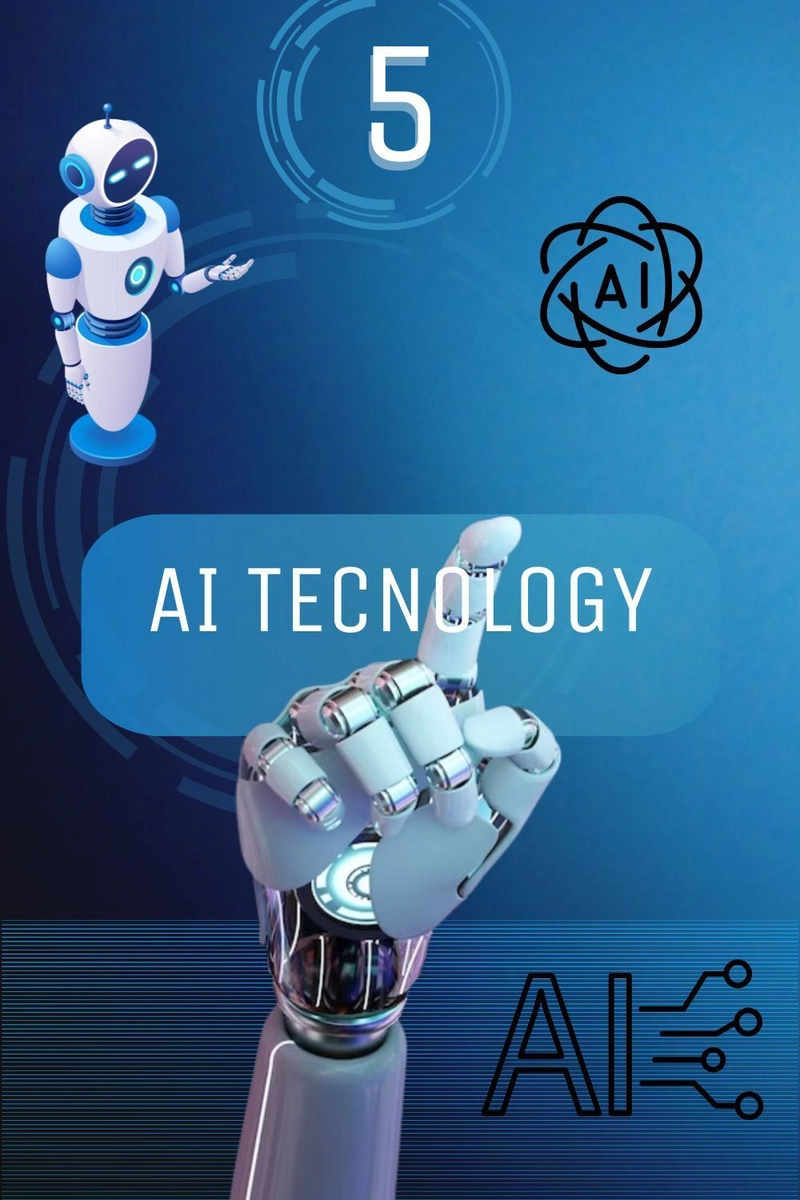
Artificial Intelligence, or AI, is no longer just a futuristic idea from sci-fi movies. It’s here, and it's changing the way we live, work, and interact with the world around us. From smart assistants like Siri and Alexa to advanced machine learning algorithms powering self-driving cars, AI is the silent force behind modern innovation.

What is AI Technology?
At its core, AI is the simulation of human intelligence by machines. It enables computers to perform tasks that typically require human thinking—such as problem-solving, understanding language, recognizing images, and making decisions.
There are several types of AI:
Narrow AI: Designed for specific tasks (e.g., spam filters, recommendation systems).
General AI: Hypothetical systems that could perform any intellectual task a human can do.
Superintelligent AI: A concept of AI surpassing human intelligence in every aspect (still theoretical).
Real-World Applications of AI
AI is no longer confined to research labs—it’s transforming industries across the globe:
Healthcare: AI helps in diagnosing diseases, personalizing treatment, and managing patient data.
Finance: Algorithms detect fraud, automate trading, and provide customer service.
Education: Personalized learning systems adapt to each student’s needs.
Transportation: Self-driving cars, traffic prediction, and route optimization rely heavily on AI.
Marketing: AI analyzes customer behavior and helps brands create targeted campaigns.
Why AI Matters in Today’s World
AI brings efficiency, accuracy, and scalability. Businesses can automate repetitive tasks, enhance productivity, and make smarter decisions based on data. Moreover, AI can tackle global issues—like climate change, healthcare access, and food security—by analyzing large datasets and finding patterns that humans might miss.
Challenges and Ethical Concerns
With great power comes great responsibility. As AI becomes more integrated into daily life, it raises important ethical questions:
Job displacement: Will AI take over human jobs?
Privacy: How is our data being used?
Bias: Can AI systems be truly fair and unbiased?
Control: How do we ensure AI remains under human control?
Experts stress the need for transparency, regulations, and responsible development to make sure AI benefits everyone.
The Future of AI
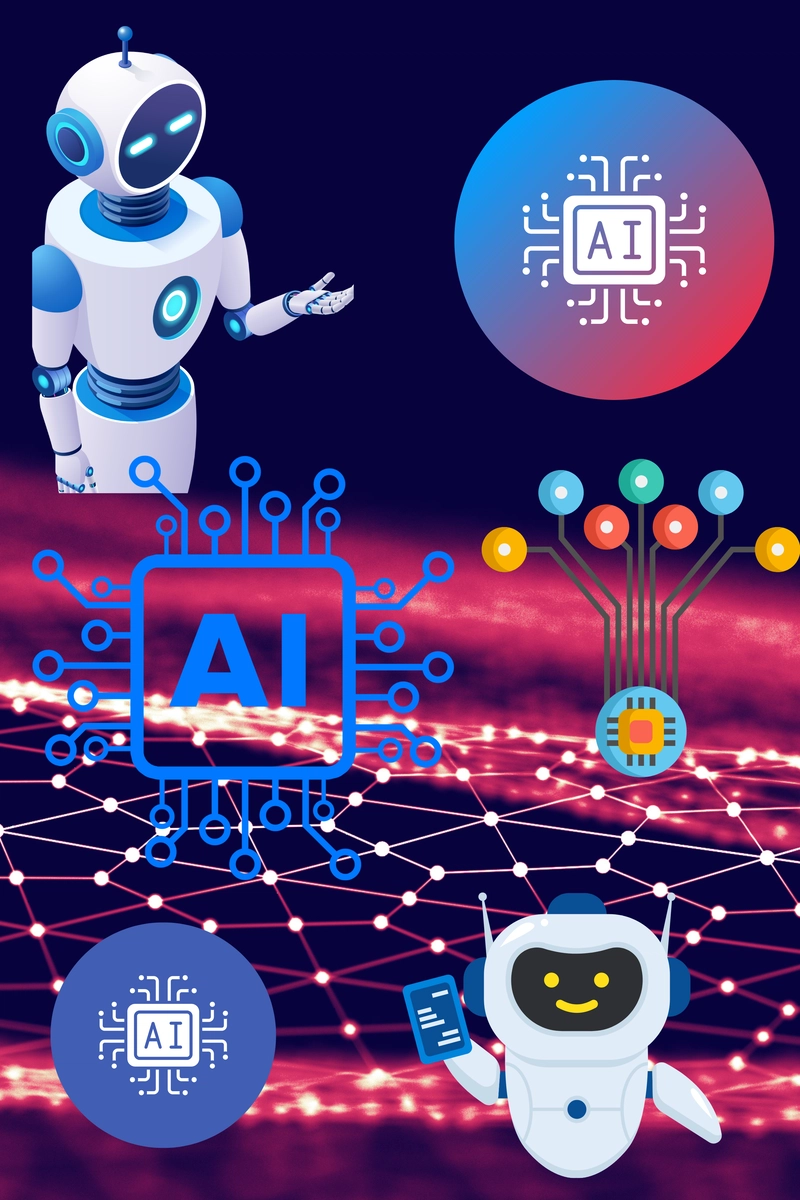
The future of AI is exciting and unpredictable. We’re only scratching the surface of its potential. As technology evolves, AI will become more human-like, more intuitive, and more capable of understanding emotions, context, and creativity.
Whether you’re a tech enthusiast, a business owner, or someone curious about the future, understanding AI is essential. It's not just about machines—it’s about enhancing human capabilities and building a better, smarter world.





























![[Webinar] AI Is Already Inside Your SaaS Stack — Learn How to Prevent the Next Silent Breach](https://blogger.googleusercontent.com/img/b/R29vZ2xl/AVvXsEiOWn65wd33dg2uO99NrtKbpYLfcepwOLidQDMls0HXKlA91k6HURluRA4WXgJRAZldEe1VReMQZyyYt1PgnoAn5JPpILsWlXIzmrBSs_TBoyPwO7hZrWouBg2-O3mdeoeSGY-l9_bsZB7vbpKjTSvG93zNytjxgTaMPqo9iq9Z5pGa05CJOs9uXpwHFT4/s1600/ai-cyber.jpg?#)










































































































































![[The AI Show Episode 144]: ChatGPT’s New Memory, Shopify CEO’s Leaked “AI First” Memo, Google Cloud Next Releases, o3 and o4-mini Coming Soon & Llama 4’s Rocky Launch](https://www.marketingaiinstitute.com/hubfs/ep%20144%20cover.png)

















































































































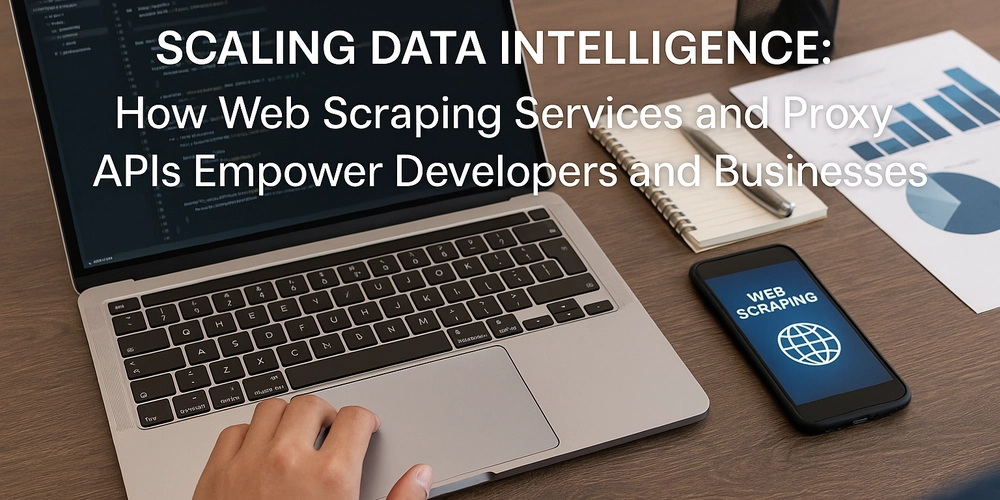











![[FREE EBOOKS] Machine Learning Hero, AI-Assisted Programming for Web and Machine Learning & Four More Best Selling Titles](https://www.javacodegeeks.com/wp-content/uploads/2012/12/jcg-logo.jpg)








































































![Rogue Company Elite tier list of best characters [April 2025]](https://media.pocketgamer.com/artwork/na-33136-1657102075/rogue-company-ios-android-tier-cover.jpg?#)








































































_Andreas_Prott_Alamy.jpg?width=1280&auto=webp&quality=80&disable=upscale#)






























































































![What’s new in Android’s April 2025 Google System Updates [U: 4/18]](https://i0.wp.com/9to5google.com/wp-content/uploads/sites/4/2025/01/google-play-services-3.jpg?resize=1200%2C628&quality=82&strip=all&ssl=1)










![Apple Watch Series 10 Back On Sale for $299! [Lowest Price Ever]](https://www.iclarified.com/images/news/96657/96657/96657-640.jpg)
![EU Postpones Apple App Store Fines Amid Tariff Negotiations [Report]](https://www.iclarified.com/images/news/97068/97068/97068-640.jpg)
![Apple Slips to Fifth in China's Smartphone Market with 9% Decline [Report]](https://www.iclarified.com/images/news/97065/97065/97065-640.jpg)
























































































































